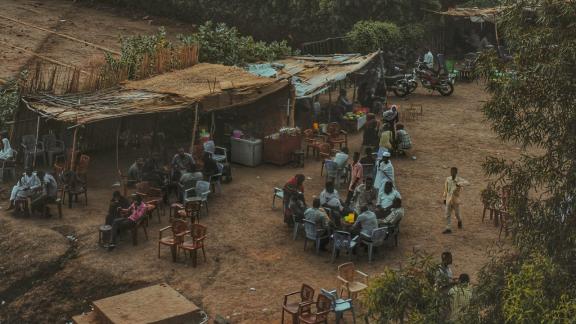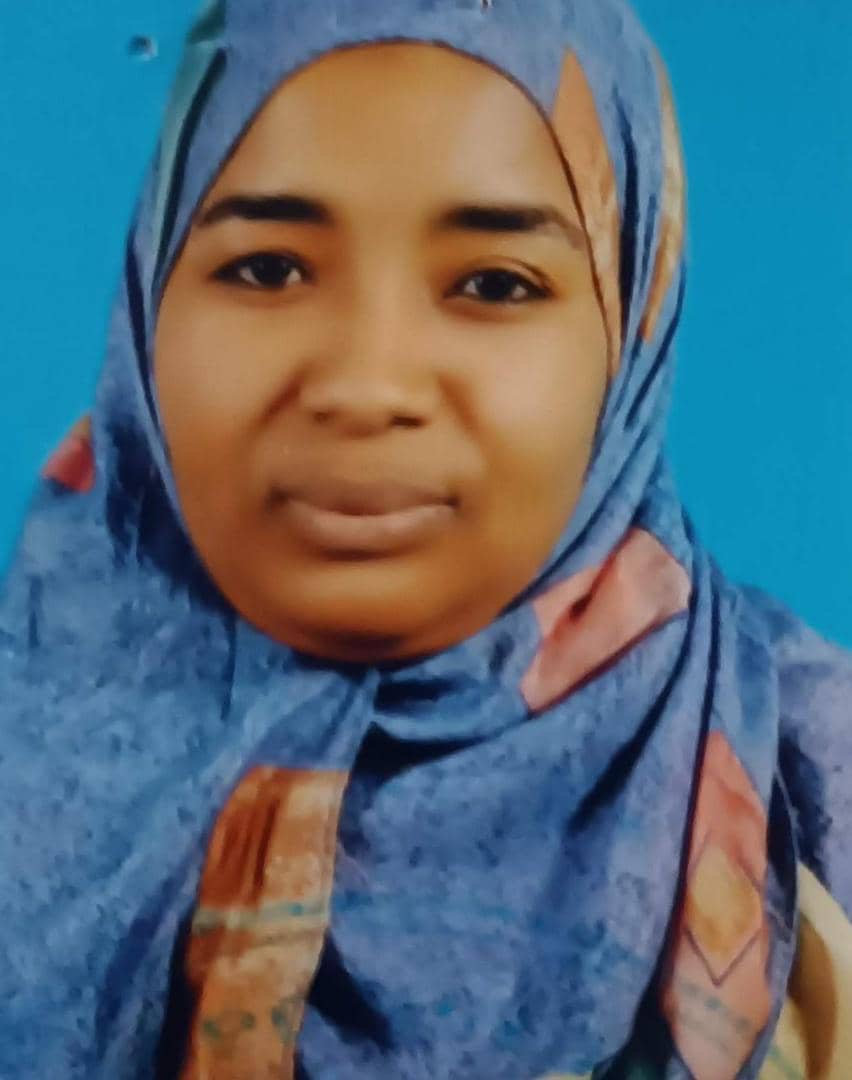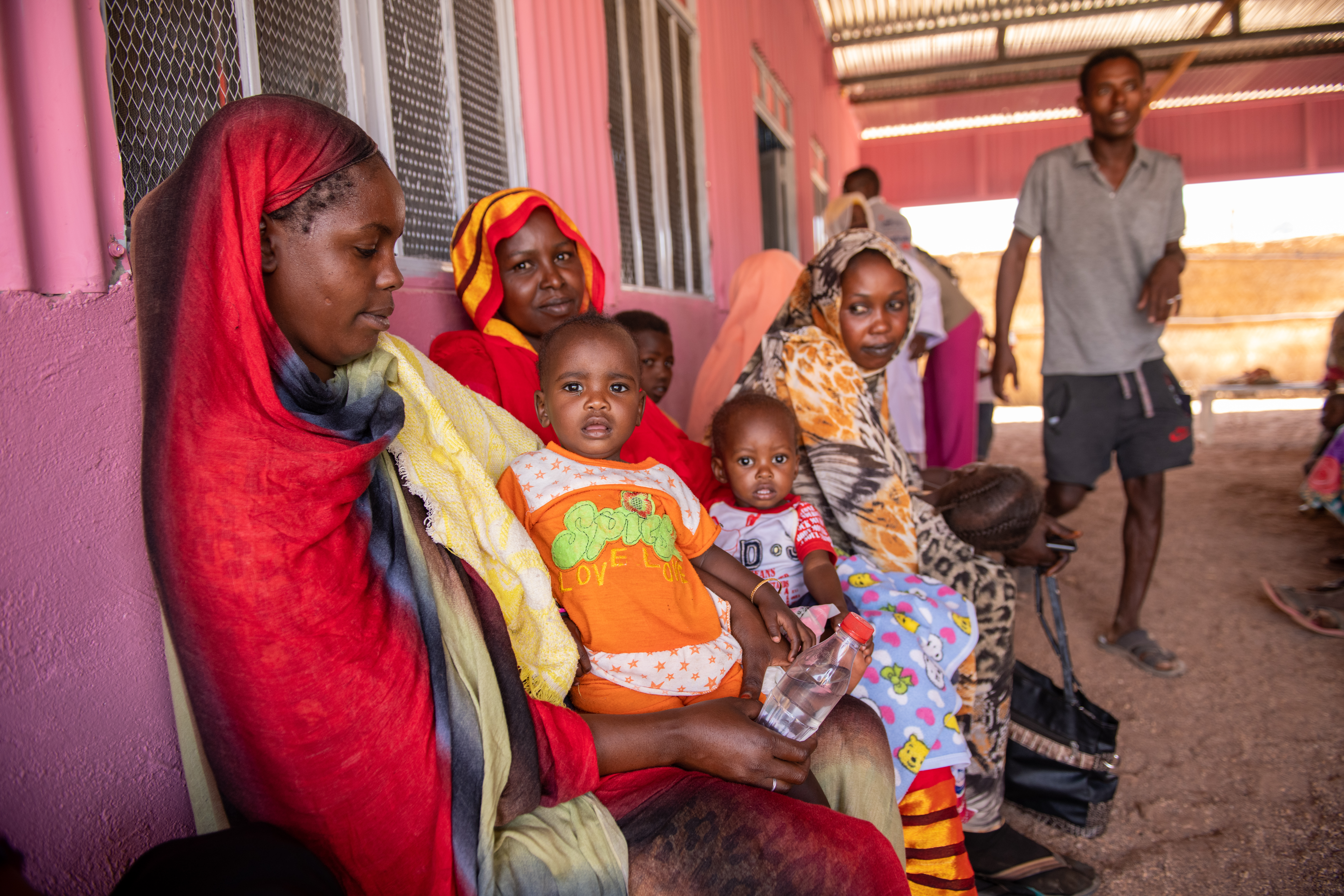By Dr. Hiba Ahmed Khalil Badr, Director of Emergency and Humanitarian Interventions, Sudan Family Planning Association
Sudan has a long record of generously hosting refugees. At the beginning of 2023, Sudan was the second largest asylum country in Africa with over 1.11 million refugees. Most of these people came from nearby countries including South Sudan, Eritrea, Ethiopia, Central African Republic, Chad, Syria, and Yemen.
But now, Sudan is the origin of one of the world’s largest refugee crises. The descent into war between the Sudanese Armed Forces (SAF) and the paramilitary Rapid Support Forces (RSF) in the capital Khartoum on 15 April has already displaced nearly 2 million people, according to the UN.
While security issues and bureaucratic hurdles have prevented the majority of humanitarian aid from reaching innocent refugees and internally-displaced Sudanese people, local organizations and volunteers continue to shoulder most of the relief work.
As the Director of Emergency and Humanitarian Interventions with the Sudan Family Planning Association (SFPA), I have witnessed firsthand the impact of this heinous war on our country’s most vulnerable people, including our women, girls and other marginalized groups.
when
country
Sudan
region
Arab World
Related Member Association
Sudan Family Planning Association

We are doing everything we can to help these people access life-saving sexual and reproductive healthcare - but we can’t do it alone.

As the fighting enters its third month, over 2,000 people have been killed, and an estimated 250,000 Sudanese have fled to neighbouring countries including Egypt, Ethiopia and the Central African Republic, which are facing their own economic and security concerns. If trends continue, one million more Sudanese people are projected to flee the country by October.
We are witnessing a humanitarian crisis in which millions of people are without access to healthcare and other basic services. In the early days of the conflict, it was reported that pregnant women moving to reach hospitals for delivery in conflict areas were being shot dead by armed forces, and the conflict had shut down maternity and neonatal wards. In the weeks that followed, hospitals have been hit by airstrikes and artillery fire and at least 67% of hospitals in conflict areas are now out of service.
Since the start of the war, and after establishing the safety of our staff, SFPA has continued our routine work providing sexual and reproductive health care, including psychological support for survivors of gender-based violence (GBV) and clinical management of rape in safe areas in Sudan. In collaboration with the Ministry of Health, we developed and shared via social media a database of operational midwives and facilities for women to choose health providers that were closer, and safer, for them to reach.
The reallocation of resources between our static and mobile clinics in the Northern, River Nile, Red Sea, Gezira, Sinnar, and Gadref states has helped to reduce the effect of supply-chain and logistical problems arising from the conflict.
We also provided community health services through the deployment of over 165 female midwives from our Khartoum branch out to seven badly-affected localities, ensuring we can reach internally displaced Sudanese, and those en route to leave the country as refugees, including out of Port Sudan. The data they were able to collect on the ground was used to provide urgent services at the residential neighbourhood level, and refer other cases to the nearest health centre or hospital in the region.

Still, one of the most silent and least condemned crimes of this war has been sexual violence.

Rape has a long history as a weapon of war in Sudan and elsewhere, and we’ve been starkly reminded of this reality as part of our work supporting Tigrayan refugees in the Um Rakuba refugee camp in the east of Sudan.
But the renewed fighting makes it difficult to document rape cases and hold perpetrators to account. It has also been reported that rape survivors are unable to access contraception, abortion medication and post-exposure anti-viral medication, and the number of people in need of GBV services in Sudan has increased by over 1 million to 4.2 million people.
This is not a typical refugee crisis. The unprecedented impacts of this new war will be felt by the Sudanese people inside and outside of the country, long after the fighting comes to an end.
Now, more than ever, the international community must keep its eyes on Sudan. Organizations like SFPA, and the many other NGOs, community groups and volunteers on the ground in Sudan must be seen, heard and supported as we navigate this scary and uncertain future.











